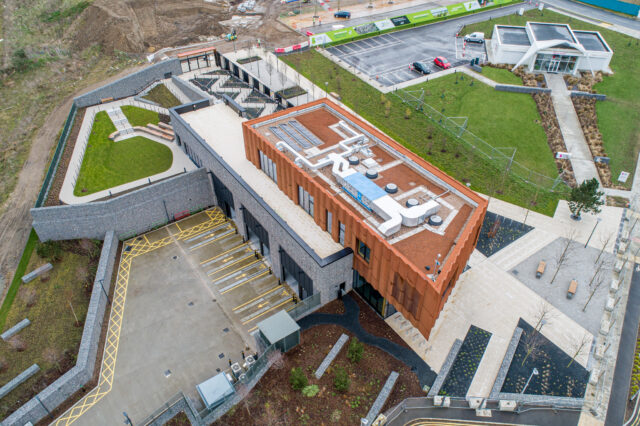Social pressure has very little effect on people getting vaccinated, according to new research by the University of Cologne.
The study, led by Daniel Seddig with a team of scientists from the Institute of Sociology and Social Psychology, has examined the willingness of people to be vaccinated during the Covid-19 pandemic.
They found that the intention to get vaccinated depends mostly on the personal beliefs that vaccination has positive outcome rather than on social pressure exerted by spouses, partners, families, friends or colleagues. However, expectations of others were correlated with personal attitudes towards vaccination.
In addition, background factors such as the degree of trust in political or scientific institutions, health status, religiosity or political orientation had indirect effects on people’s vaccination’ intentions.
“Trust in science and fear of Covid-19 supported positive attitudes towards vaccination, while negative attitudes were associated with beliefs in conspiracy theories and scepticism towards vaccines in general,” says Dr. Daniel Seddig.
For this reason, to counteract vaccine hesitancy in the future, the researchers advise policymakers, physicians, and health care providers to emphasise the positive impacts of vaccination against Covid-19 such as protection from serious illness, death, and long-term health detriments.
“This explanatory approach could prove considerably more effective, maybe even for the most sceptical, than merely exerting social pressure or pointing out the easy access to the vaccines,” says Dr. Seddig.
The study has analysed over 5,000 people aged between 18-74 between April and August 2021, and January 2022.




